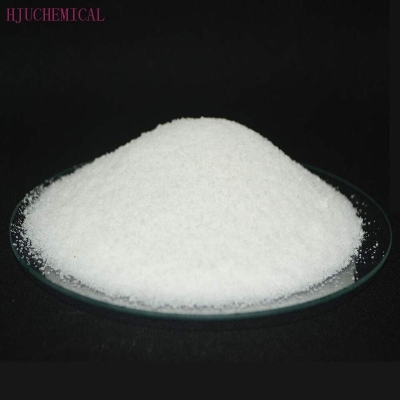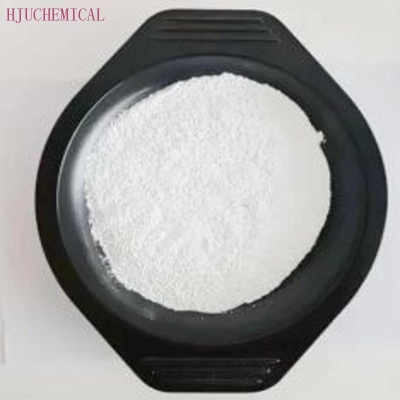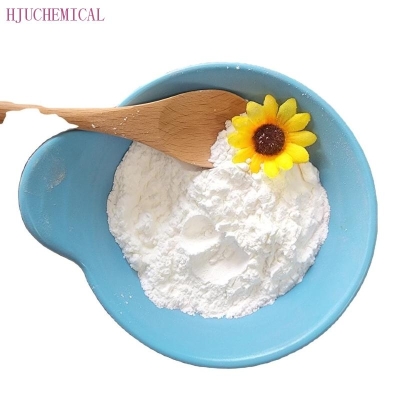-
Categories
-
Pharmaceutical Intermediates
-
Active Pharmaceutical Ingredients
-
Food Additives
- Industrial Coatings
- Agrochemicals
- Dyes and Pigments
- Surfactant
- Flavors and Fragrances
- Chemical Reagents
- Catalyst and Auxiliary
- Natural Products
- Inorganic Chemistry
-
Organic Chemistry
-
Biochemical Engineering
- Analytical Chemistry
- Cosmetic Ingredient
-
Pharmaceutical Intermediates
Promotion
ECHEMI Mall
Wholesale
Weekly Price
Exhibition
News
-
Trade Service
Recently, researcher Wang Aiqin from the Aerospace Catalysis and New Materials Research Office of Dalian Institute of Chemical Physics, Chinese Academy of Sciences, and the team of Academician Zhang Tao have made new progress in the research of biomass catalytic conversion.
They have developed a multifunctional Mo/Pt/WOx catalyst.
"Efficient conversion to ethanol
.
The research team has been committed to the selective cleavage of CC bonds and CO bonds in biomass to produce important small molecular alcohols
.
Previously, the team pioneered the catalytic conversion reaction of cellulose hydrogenolysis to ethylene glycol, discovered the unique role of tungsten-containing compounds in catalyzing the selective cleavage of cellulose CC bonds, and proposed that cellulose can be esterified through first oxidation.
, A two-step method for preparing ethanol by hydrogenation and reduction
.
? On this basis, the research team combined with the research on the catalyst for the hydrogenolysis of glycerol to produce 1,3-propanediol, and proposed a new Mo/Pt/WOx multifunctional catalyst for hydrogenolysis of cellulose to ethylene glycol and ethylene glycol hydrogen.
The two steps of decomposing ethanol are cleverly coupled to realize the process of direct hydrogenolysis of cellulose to ethanol, and the ethanol carbon yield reaches 43.
2%.
At the same time, the catalyst also shows excellent stability and resistance to CO poisoning, making it It has great potential in practical applications in the future
.
? Through a variety of spectroscopic characterization, the research team proposed the MoO5-Pt-WOx active site structure, in which MoO5 presents a monodispersed form of coordination unsaturated, through the interaction with the nano-Pt surface, and then modulate the electrons of Pt-WOx The interaction promotes the hydrogenolysis of ethylene glycol into ethanol
.
The above-mentioned research work was funded by the National Natural Science Foundation of China, the Ministry of Science and Technology, and the Chinese Academy of Sciences' strategic pilot science and technology project
.
? Cellulose is the most abundant biomass resource in nature, and a large amount of it comes from agricultural and forestry wastes.
Its inedible characteristics also make it an ideal renewable carbon resource for the production of fuels and chemicals.
Cellulosic ethanol is the most important biological resource.
One of the fuel
.
However, so far, the use of biological fermentation technology to produce cellulosic ethanol still faces various technical and economic challenges
.
In view of this, it is of great significance to explore non-biological conversion routes to produce cellulosic ethanol
.
They have developed a multifunctional Mo/Pt/WOx catalyst.
"Efficient conversion to ethanol
.
The research team has been committed to the selective cleavage of CC bonds and CO bonds in biomass to produce important small molecular alcohols
.
Previously, the team pioneered the catalytic conversion reaction of cellulose hydrogenolysis to ethylene glycol, discovered the unique role of tungsten-containing compounds in catalyzing the selective cleavage of cellulose CC bonds, and proposed that cellulose can be esterified through first oxidation.
, A two-step method for preparing ethanol by hydrogenation and reduction
.
? On this basis, the research team combined with the research on the catalyst for the hydrogenolysis of glycerol to produce 1,3-propanediol, and proposed a new Mo/Pt/WOx multifunctional catalyst for hydrogenolysis of cellulose to ethylene glycol and ethylene glycol hydrogen.
The two steps of decomposing ethanol are cleverly coupled to realize the process of direct hydrogenolysis of cellulose to ethanol, and the ethanol carbon yield reaches 43.
2%.
At the same time, the catalyst also shows excellent stability and resistance to CO poisoning, making it It has great potential in practical applications in the future
.
? Through a variety of spectroscopic characterization, the research team proposed the MoO5-Pt-WOx active site structure, in which MoO5 presents a monodispersed form of coordination unsaturated, through the interaction with the nano-Pt surface, and then modulate the electrons of Pt-WOx The interaction promotes the hydrogenolysis of ethylene glycol into ethanol
.
The above-mentioned research work was funded by the National Natural Science Foundation of China, the Ministry of Science and Technology, and the Chinese Academy of Sciences' strategic pilot science and technology project
.
? Cellulose is the most abundant biomass resource in nature, and a large amount of it comes from agricultural and forestry wastes.
Its inedible characteristics also make it an ideal renewable carbon resource for the production of fuels and chemicals.
Cellulosic ethanol is the most important biological resource.
One of the fuel
.
However, so far, the use of biological fermentation technology to produce cellulosic ethanol still faces various technical and economic challenges
.
In view of this, it is of great significance to explore non-biological conversion routes to produce cellulosic ethanol
.







